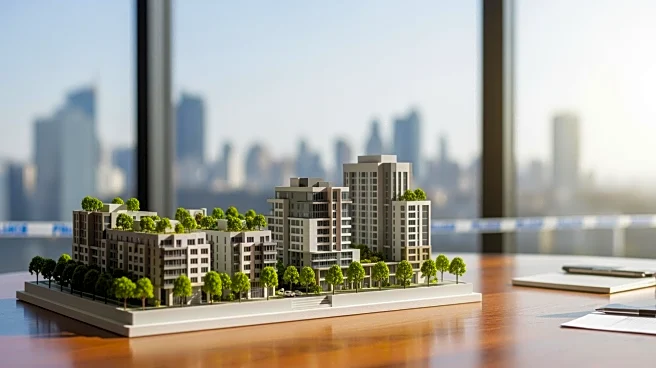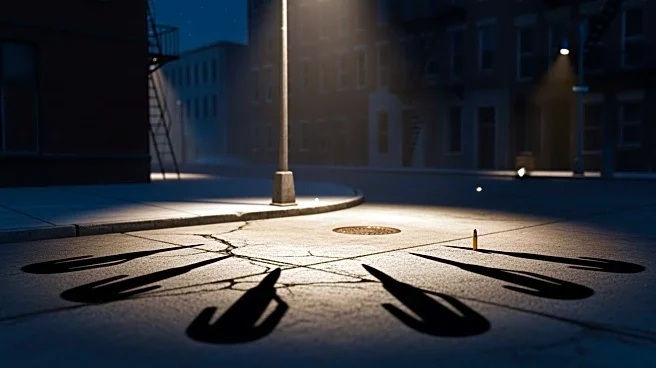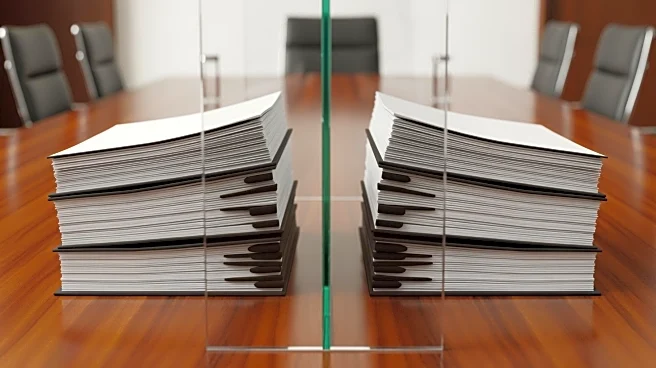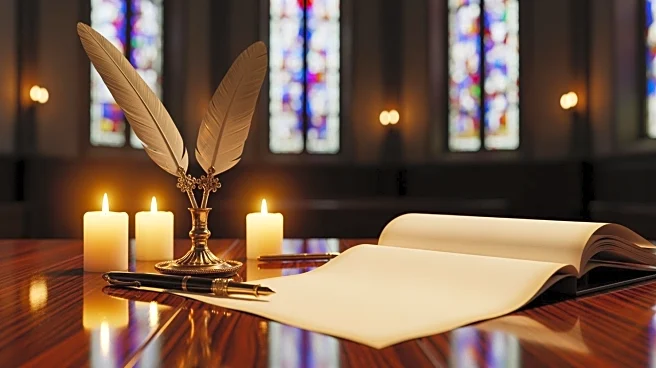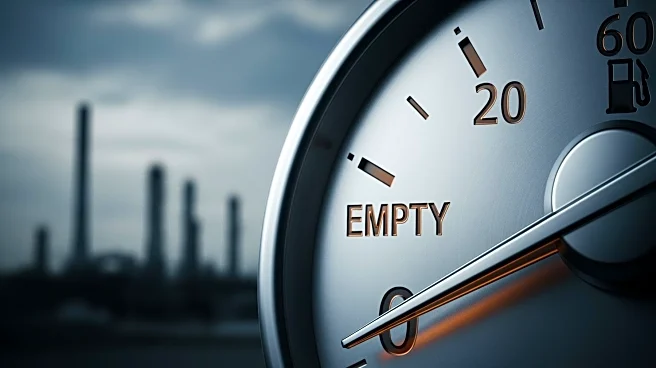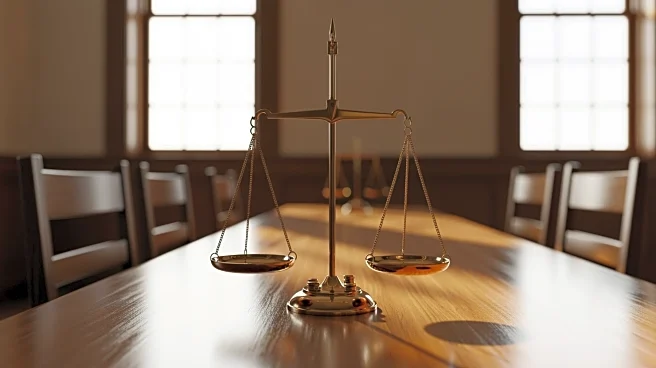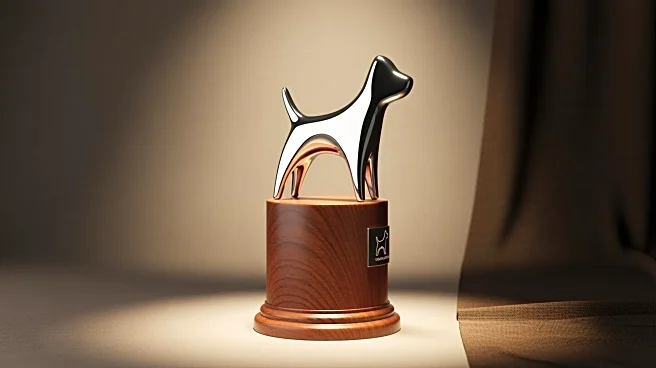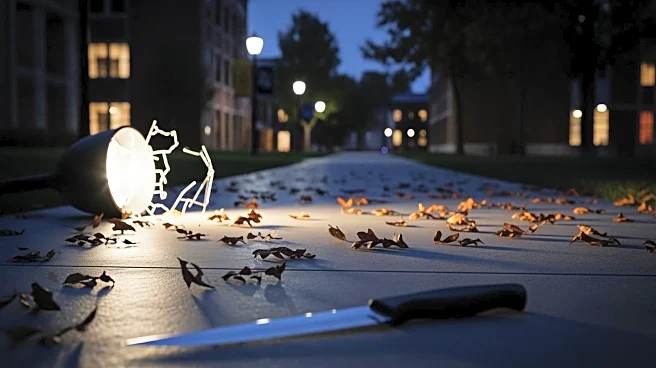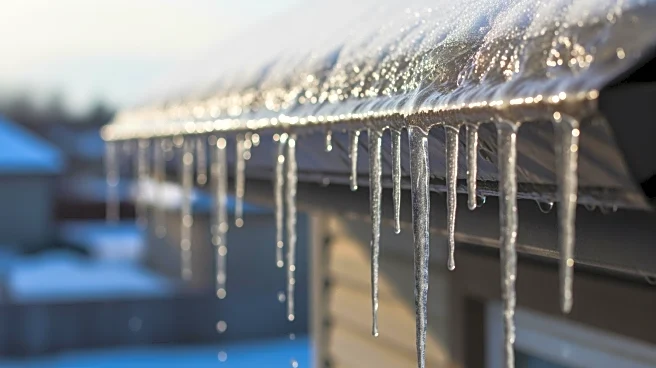What's Happening?
The cost of artificial Christmas trees is set to rise this year due to tariffs and supply chain pressures. Mac Harman, CEO of Balsam Hill, an artificial Christmas tree company, stated that prices are expected to increase by 10% to 15% compared to last
year. Nearly all artificial trees are imported from China, and the tariffs imposed by President Trump have raised the costs vendors pay to U.S. customs. Harman noted that manufacturing domestically is not feasible due to the intricate process of attaching lights, which has historically been done overseas.
Why It's Important?
The increase in artificial Christmas tree prices highlights the broader impact of tariffs on consumer goods. As tariffs continue to affect imports, consumers may face higher costs for holiday decorations, impacting household budgets during the festive season. The situation underscores the challenges businesses face in adapting to trade policies and supply chain disruptions. For companies like Balsam Hill, diversifying supply chains and managing costs are crucial to maintaining competitiveness in the market.
What's Next?
Consumers are advised to purchase Christmas trees early to avoid potential shortages and price hikes. Retailers may adjust their inventory strategies to manage the increased costs and ensure availability. The ongoing trade tensions between the U.S. and China could lead to further changes in import tariffs, affecting a wide range of consumer products. Businesses will need to continue exploring alternative manufacturing locations and cost-saving measures to mitigate the impact of tariffs.



